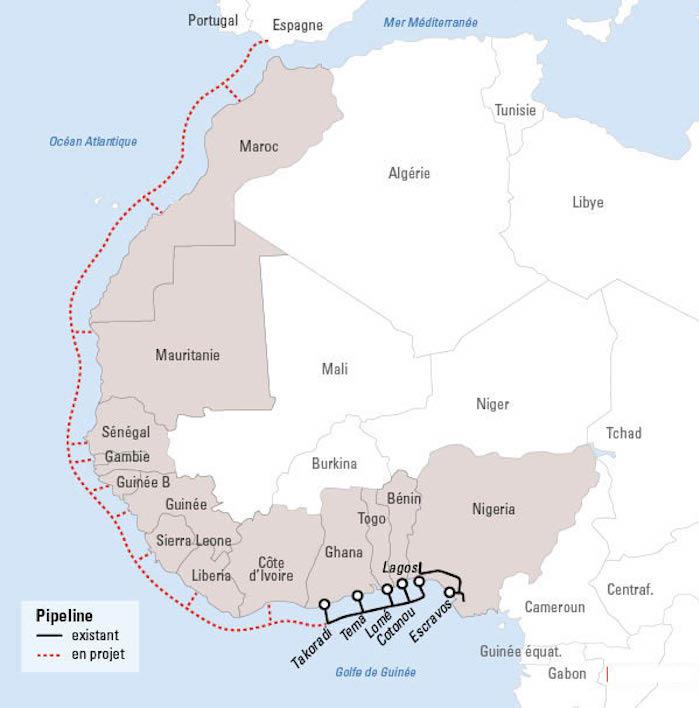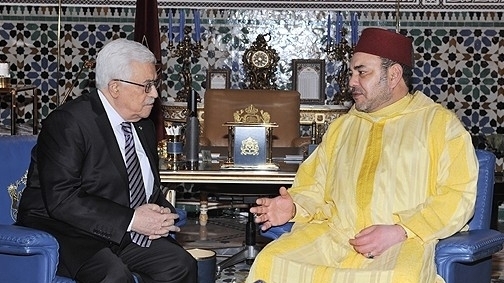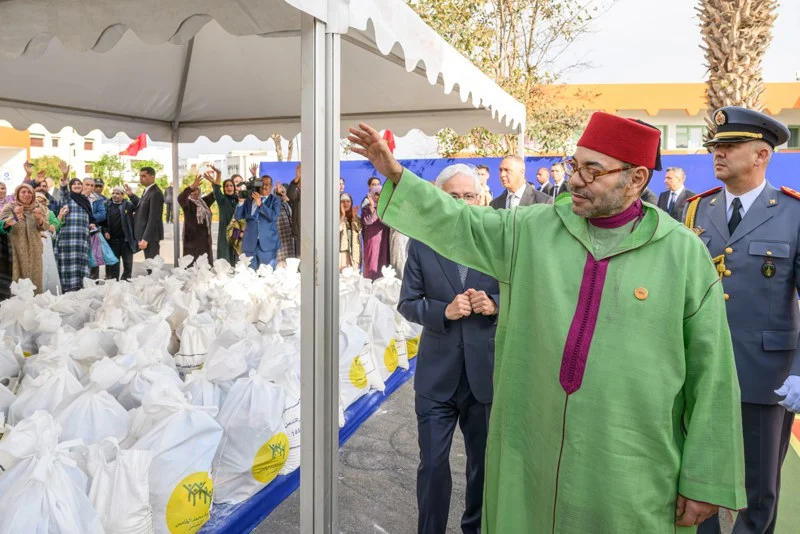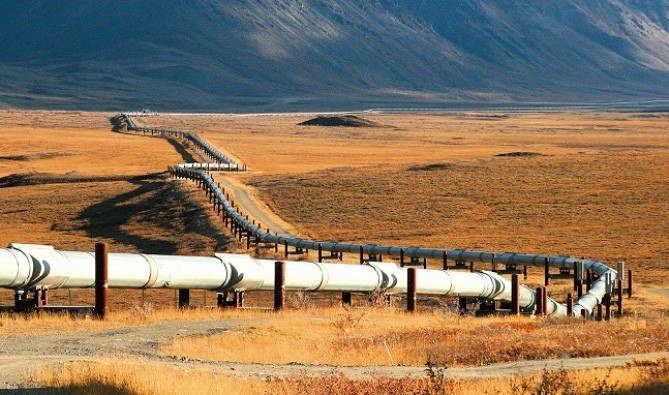Morocco has called on the Middle-Income Countries to build on their assets in order to be the new drivers of regional and international development in the new world order taking shape.
In his opening address made Tuesday at the High-Level Ministerial Conference on Middle-Income Countries, currently in held in Rabat, Moroccan foreign minister Nasser Bourita said the Middle-income countries group accounts for 75% of the world’s population, around 30% of world GDP, besides boasting a strong in geographic, economic, sociological and cultural diversity.
Due to their impact on the global economy, these countries should pool their efforts to enhance their standing on international scene and foster their cooperation and partnership through structuring & innovative projects in areas of common interest, said the minister noting that Morocco has always made economic and technical cooperation with its partners a top priority of its foreign policy.
Healthy economies in Middle-Income Countries are beneficial for the global economic order and the new world order, added Mr. Bourita, saying these countries face similar challenges, notably ongoing stagflation, a growing debt burden, and increasingly difficult access to international financing, hampering progress towards sustainable development goals.
To address the challenges they are facing, these countries need today than ever to strengthen investment in sustainable development and to preserve their momentum, said the minister, underlining the importance of political stability, economic progress and social prosperity.
Morocco has developed strategic partnerships, notably with African countries, noting that these partnerships are based on integrated and inclusive approach, solidarity and co-development seeking regional integration, creating a favorable space for investment and trade, said Mr. Bourita.
He cited in this regard the Nigeria-Morocco African-Atlantic Gas Pipeline project, the Royal Initiative to enable Sahel countries to have access to the Atlantic Ocean and fertilizer production projects launched by Morocco in several African countries to ensure regional and international food security.



